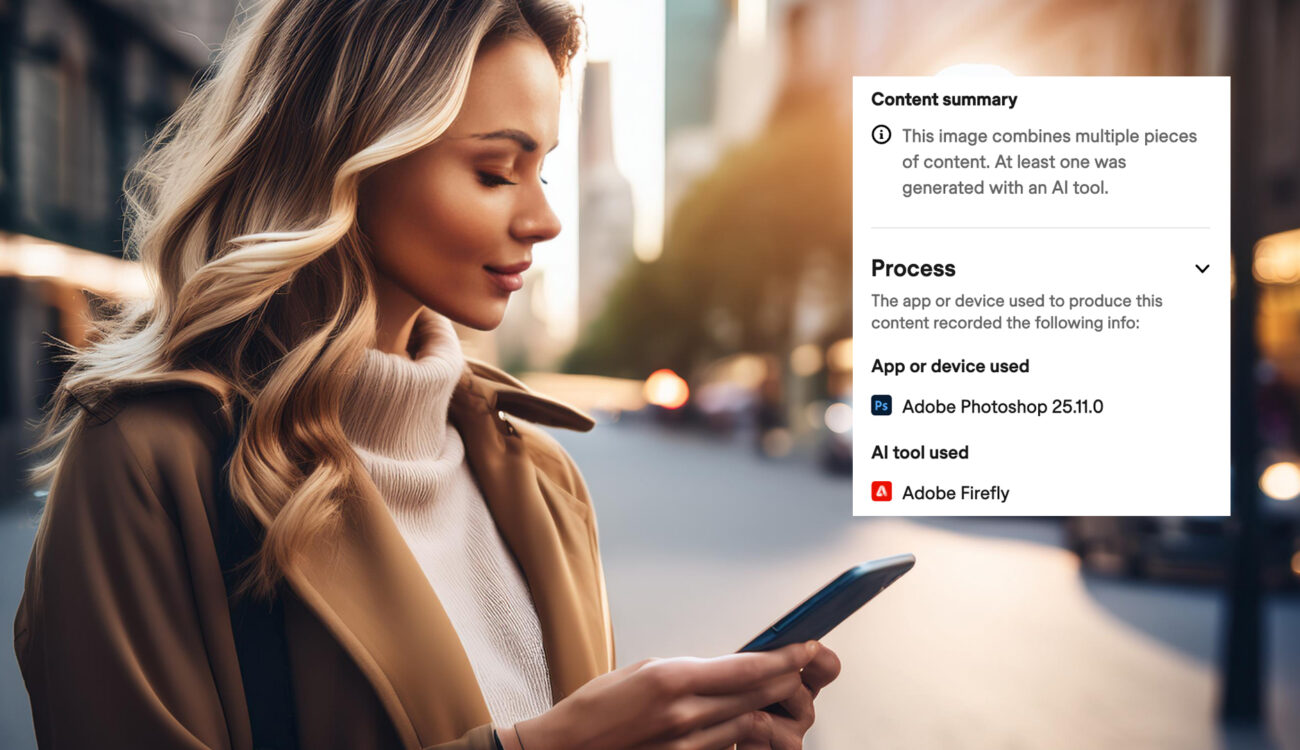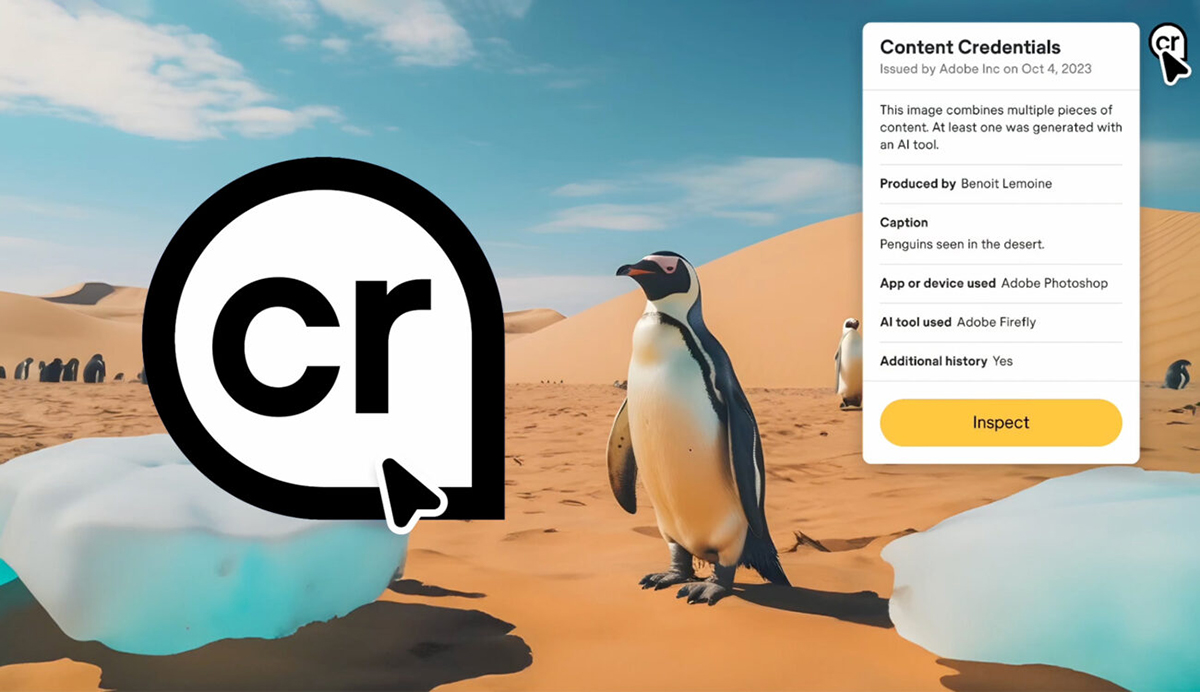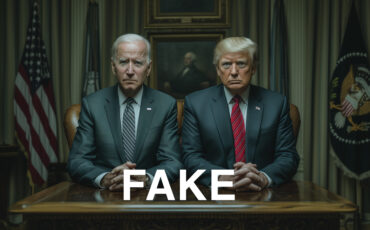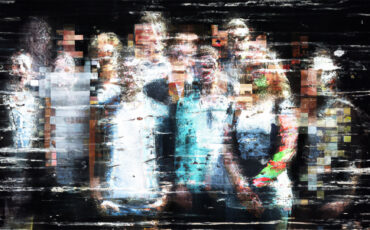
Tech giants Adobe, OpenAI, and Microsoft have reportedly supported AB-3211. The proposed legislation bill, also known as the “California Digital Content Provenance,” aims to ensure transparency in digital and social media. Among other things, it would require large online platforms to introduce visible watermarks for AI content in California. More details below.
As generative AI advances, the talk about regulations becomes louder and louder. The rapid advancement of video generators raises a crucial question: how will we be able to differentiate between artificially generated content and genuine footage? This bill could be one of the steps toward transparency.
Watermarks for AI content: the essence of the bill
AB 3211 requires tech companies to label AI-generated content (meaning pictures, photos, videos, and audio clips) with watermarks in the metadata. Some AI companies already do it, but it hasn’t been an overall requirement. Another problem is that a lot of people don’t read metadata. That’s why, according to the bill, large online platforms, like Instagram or X, will have to mark the content “which was produced or significantly modified by a generative AI system” in a way average users can understand. The full text of the bill is available here.
Why is it important?
One of the biggest critical points to generative AI is that it can be easily used to create fake content, spreading misinformation and manipulating opinions (especially during the election season). Although the generated photos and videos are not 100% perfect, and AI is still learning, even at this point, it is sometimes difficult to distinguish fabricated audio clips or videos from the real ones. For instance, here is a short scene generated by Sora – OpenAI’s realistic video generator that ignited a heated discussion at the beginning of this year.
The fact that the huge AI market players like OpenAI, Adobe, and Microsoft support the proposed bill is a sign they don’t want their technology to be misused in an unethical, threatening, and even dangerous way.
Adventure Filmmaking with Russ Malkin
New technology and standards can help people understand the origin of content they find online and avoid confusion between human-generated and photorealistic AI-generated content.
A quote from the letter of the OpenAI Chief Strategy Officer Jason Kwon. Source: Reuters
Adobe’s approach to watermarks for AI-generated content
Out of the three, Adobe took the ethical path from the get-go. When they first released their AI generative model Firefly roughly 1,5 years ago, they explained that it was trained exclusively using Adobe Stock images, openly licensed footage, and public domain content where copyright had already expired.
Adobe, OpenAI, and Microsoft are also part of the Coalition for Content Provenance and Authenticity, which helped create C2PA metadata — a widely used standard for marking AI-generated content. It includes an AI symbol for tagging generated content and embedding its content credentials. Unfortunately, this initiative has remained “optional”.

What’s next?
AB 3211 has already passed the state Assembly with 62-0 votes. Earlier this month it passed the Senate Appropriations Committee, setting it up for a vote by the full state Senate. By the 30th of September, it should be final. The requirements of the bill would become active beginning July 1, 2026.
What do you think about watermarks for AI content? Can you imagine a better way to achieve transparency of the content’s origins in social media? Please, share your opinion with us in the comments below!
Feature image source: generated and watermarked by Adobe Firefly for CineD.






























